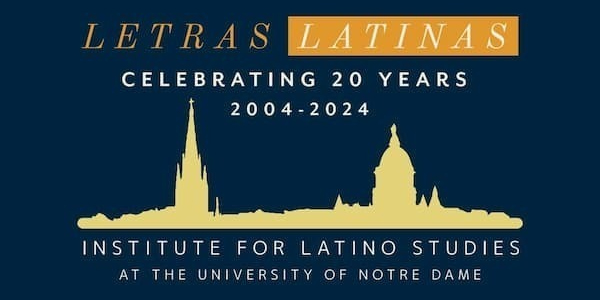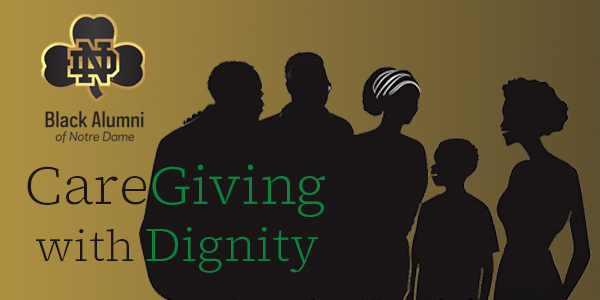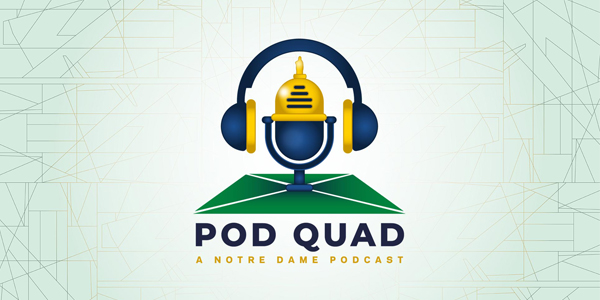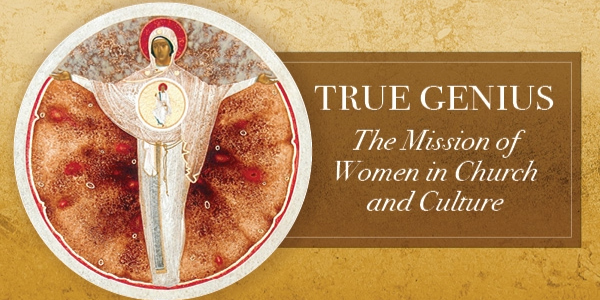For this session, hosts Heidi Beidinger-Burnett Director, Eck Institute for Global Health Global Health Masters Program and Mary Ann McDowell, Associate Professor of Biological Sciences, were joined by Kyle Bibby, Associate Professor and Wanzek Collegiate Chair, Department of Civil & Environmental Engineering & Earth Sciences. Bibby was brought onto the show to shed light on the topic of wastewater testing and what sewage surveillance can tell people about Covid-19. Additionally, Bibby discussed what information the sewage surveillance system at Notre Dame was providing at the time.
After Bibby was introduced, the “Rumor Has It” portion of the show began. The rumor that Beidinger presented to Bibby was “Can I get Covid from my water?” to which Bibby responded no; he believes that people should not be concerned about contracting Covid from their water systems. Further, according to his research, it is highly unlikely that there would be enough of the virus in wastewater to make someone sick.
Next, Bibby began a run-down of what actually occurs in wastewater testing. He stated, “The basic idea is that if you get Covid, in addition to the virus being detectable in nasal swabs, most people excrete the viral RNA in their stool.” Thus, he believes that wastewater testing can be used as an additional tool to measure how many people are infected with the virus. He said that the results have mirrored the trends seen with clinical monitoring. Interestingly, he added that in the future it may be useful to monitor at a building level in order to tell which departments or dorms are having the most problems with the virus. Further, this could be a useful tactic for prisons and nursing homes, as well as cruise ships.
McDowell then asked Bibby if the “uncomfortableness of people talking about human waste undermines people taking your work seriously?” Bibby stated that he believes that this attitude toward wastewater testing does undermine the science. While he believes it to be useful, with such high numbers of cases, he does not believe this work should be a replacement for clinical monitoring.
Bibby then described the history of wastewater testing. For decades, scientists have tested wastewater for viruses such as polio and many more. While the current pandemic gave the concept a new life, it is not a new idea or procedure. There is hope for the future that the new measures taken in wastewater testing will be useful in predicting and handling the next pandemic.
Finally, when the event was opened up for questions from viewers, a viewer asked if and how the information that Bibby collects is distributed. Bibby said that the data that is collected is being shared with university administrators as well as all members of the team that help direct surveillance testing. However, Bibby stated he would be open to sharing the data publicly. The challenge is that there is nuance within the data, so presenting it most clearly is difficult and important. Fortunately, Bibby shared that the different schools involved are not being competitive; everyone in the network readily shares information and advice, which is encouraging. With regards to his own engagement in Covid-based knowledge resources, he stated that he follows scientific accounts on Twitter.
Visit the event page for more.







